The liver is an organ often overlooked or underestimated. The liver cleanses the body, metabolizes nutrients and processes toxins. If liver health deteriorates, symptoms like fatigue, hormonal imbalance and headaches may begin to appear. [1] In essence, proper functioning of your other organs is dependent on liver functioning.
Many people take all sorts of medications to treat various kinds of ailments without considering their effects on the liver. With so many chemicals and synthetic drugs being ingested these days, the liver must work harder to fulfill its task of cleansing, detoxifying and purifying your body. It is ironic that something meant to treat disorders may be harmful in other ways.
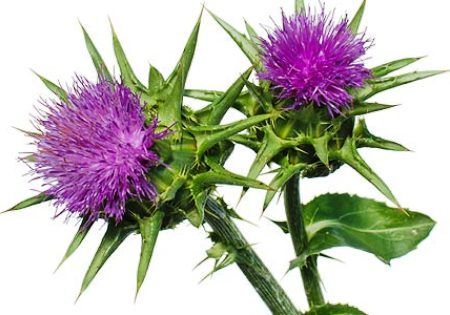
Milk Thistle
One of the most popular liver herbal remedies and found in a large
number of liver tonic formulas, milk thistle is considered beneficial to the
liver because the anti-oxidant compounds of milk thistle have been found by
researchers to aid in detoxification process by flushing out toxins like
alcohol, regeneration of damaged liver tissue and stimulation of bile
production. [3] Scientists have found that one of these active compounds is
silibinin which alleviates hepatic conditions by reducing inflammation and
fibrosis. [4]Consequently, 5 clinical trial analyses involving 602 cirrhosis
patients have suggested that milk thistle can reduce liver-related mortality.
[2]
Dandelion
In a scientific study, leaf extracts of dandelion leaves were fed to
the mice for a month to investigate their hepaprotective effects. Results have
confirmed the benefits obtained in hepatic functioning were due to the herb's
antioxidant and anti-inflammatory activities. [5] Aside from its leaves, the
dandelion's roots are a popular liver aid [1] that is known throughout
centuries as a diuretic and used by herbalists to combat fatty liver and
cirrhosis. [3]
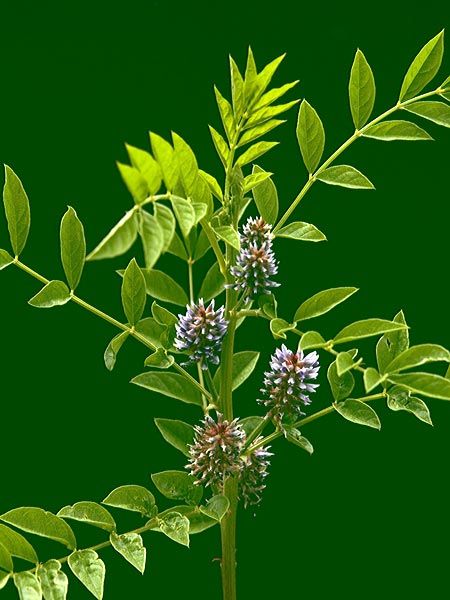
Licorice
The American Cancer Society mentions licorice as a potent herbal remedy
to treat liver diseases like hepatitis and cancer among others because of the
chemical glycyrrhizin it contains. [6] Another study reports the benefits of
licorice is linked to interferon production which is responsible for the
plant's ability to protect the liver from harmful poisons. [1]

Artichoke

Turmeric
Belonging to the same family as ginger, turmeric stimulates enzymes
that detoxify and as researchers from UCLA have discovered, can likewise fight
carcinogens by keeping malignant cells from spreading. [3] Initial researches
on liver cells have suggested turmeric extracts may block the replication of hepatitis
B virus. [2] Moreover, curcumin, the active ingredient in turmeric has been
demonstrated in clinical studies as effective in reducing liver triglycerides -
which are also linked to metabolic disorders like visceral obesity, insulin
resistance, fatty liver and diabetes. [8]
Greater Celandine
You may not have heard of this but greater celandine is probably one of
the best herbs for the liver. It is widely used in treating many hepatitis
illnesses, like jaundice, and it promotes liver detoxification. Best noted as a
blood cleanser, greater celandine is known for its analgesic, antibacterial,
anti-microbial and liver protecting abilities. Though there are limited studies
that can prove greater celandine’s effectiveness in detoxifying the liver,
researchers believe that it works by increasing the production of bile.
According to research, increased bile production eventually results to improved
digestion and detoxified liver. [9]
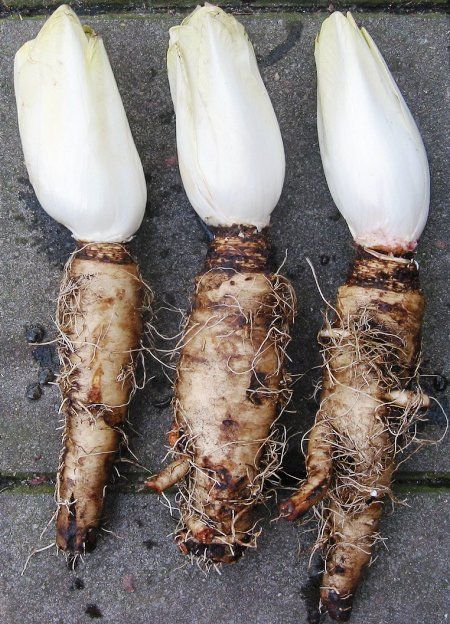
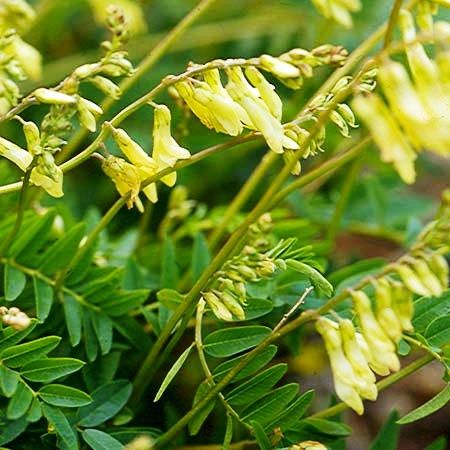

Chicory root
For a very long time now, chicory root extract has been widely used in
treating many liver disorders. While the ancient Romans use this herb in
cleansing their blood, old Egyptians use it to purify both the liver and the
blood. Furthermore, chicory root is believed to be effective at increasing the
body’s resistance against the formation of liver stones and gallstones.
According to research, chicory root works primarily by increasing the production of bile. By so doing, digestion is improved because excess bile can break down additional fats, which in turn results to better blood composition. In the long run, this can positively affect the health of the liver and the gall bladder. [10]
According to research, chicory root works primarily by increasing the production of bile. By so doing, digestion is improved because excess bile can break down additional fats, which in turn results to better blood composition. In the long run, this can positively affect the health of the liver and the gall bladder. [10]
Furthermore, chicory root is also effective in protecting the liver
against the harmful effects of drinking excessive amount of coffee. The herb
can be used to treat a wide range of liver disorders because of its phenolic
compound content. Considered as a hepatoprotectant compound, phenolic inhibits
the massive damage triggered by intake of carbon tetrachloride and paracetamol.
[11]
Yellow Dock root
Considered as an excellent tonic for the liver, yellow dock root is
also a good herb that promotes the health of the liver. Generally used as a
blood purifier, yellow dock root is also famous for its liver-detoxifying
effects. Just like most herbs that are beneficial for the liver, yellow dock
root also works by enhancing the body’s bile production which results to
improved digestion.
Also, yellow dock root works by stimulating regular bowel movement
thereby preventing waste from lingering any longer at the intestinal tract. It
also promotes frequent urination. According to research, regular elimination of
waste from the body is effective in preventing the accumulation of toxins in
the bloodstream, gall bladder, and liver, most especially. [12]

Astralagus
Considered as one of the most important herbs discovered by the
Chinese, astralagus proves to be one of the most beneficial herbs for the
liver. Results of a scientific study revealed that this herb is capable of
reducing liver damage that has already been incurred as well as in protecting
the liver against further possible damage. [13]
More than its ability to lower acidity in the stomach, astralagus is
also useful in improving digestion as well as in eradicating chemical toxins
and heavy metals from the body. As mentioned earlier, improved digestion often
leads to better bowel movement. In the long run, this can affect the liver
positively. [14]
Like the above herbs which are all-natural, the American Liver
Foundation recommends natural methods like healthy diet and weight, regular
exercise, regulated / decreased alcohol intake and proper hygiene as most
effective to boost liver health. [2] As the old saying goes, prevention is
always better than cure.
Herbs For The Liver - References:
[1] http://www.naturalnews.com/027607_liver_detox_herbs.html
[2] http://altmedicine.about.com/od/aznaturalremedyindex/a/liver_herbs.htm
[3]
http://www.globalhealingcenter.com/natural-health/top-9-herbs-for-liver-cleansing/
[4] Milk thistle and its derivative compounds: a review of
opportunities for treatment of liver disease. http://www.ncbi.nlm.nih.gov/pubmed/23140176
[5] Dandelion leaf extract protects against liver injury induced by
methionine- and choline-deficient diet in mice.
http://www.ncbi.nlm.nih.gov/pubmed/23256442
[6]
http://www.cancer.org/treatment/treatmentsandsideeffects/complementaryandalternativemedicine/herbsvitaminsandminerals/licorice
[7] Artichoke--untapped potential of herbal medicine in the treatment
of atherosclerosis and liver diseases.
http://www.ncbi.nlm.nih.gov/pubmed/23421107
[8] Curcumin prevents liver fat accumulation and serum fetuin-A
increase in rats fed a high-fat diet.
http://www.ncbi.nlm.nih.gov/pubmed/23430567
[9]
http://www.buzzle.com/articles/celandine-herb-uses-and-side-effects.html
[10]
http://www.globalhealingcenter.com/natural-health/health-benefits-of-chicory-root/
[11] http://www.herbs2000.com/herbs/herbs_chicory.htm
[12]
http://www.globalhealingcenter.com/natural-health/benefits-of-yellow-dock-root/
[13] http://www.livestrong.com/article/23233-astragalus-root/
[14] http://www.natural-health-and-healing-4u.com/benefits-of-astragalus.html
Article researched and created by Cathy Ongking, © herbs-info.com 2013

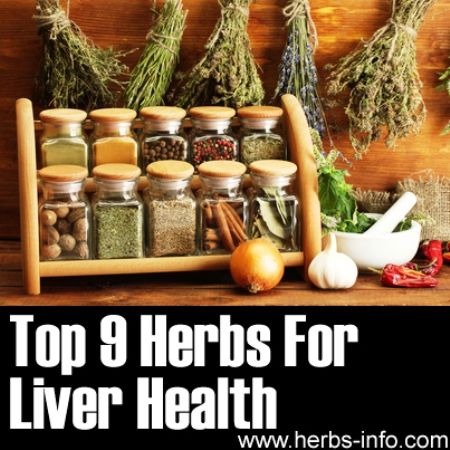

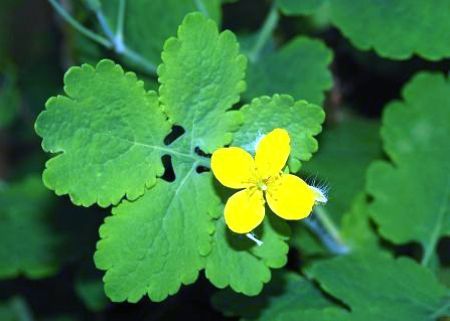
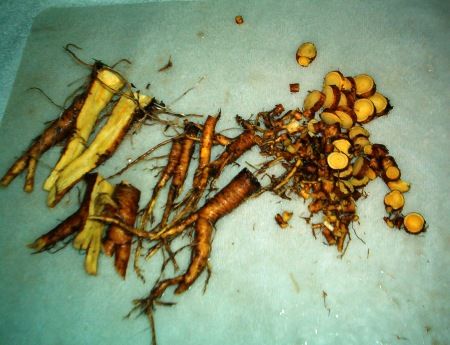












































No comments:
Post a Comment